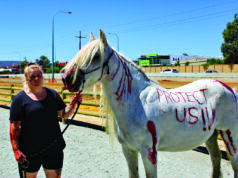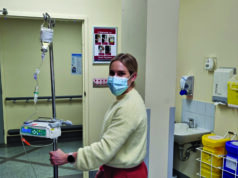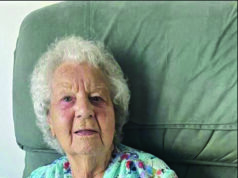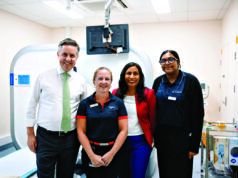According to a new research, men who carry two copies of a common gene variant are more than twice as likely to develop dementia.
The study, published in ‘Neurology’, used data from the large-scale ASPREE trial to examine links between dementia and variants in the HFE gene, which regulates iron levels in the body.
Professor John Olynyk from Curtin Medical School said the gene variant, known as H63D, is found in about one in three people. But only those with two copies, around one in 36 people, are at increased risk.
“Having just one copy of this gene variant does not impact someone’s health or increase their risk of dementia,” Professor Olynyk said.
“However, having two copies more than doubled the risk of dementia in men, but not in women.”
He said the findings open the door to new areas of study.
“While we can’t change the genetic variant, we might be able to treat the brain pathways it affects, if we can understand them better.”
Professor Olynyk noted that the HFE gene is already tested for in many countries, including Australia, when screening for haemochromatosis, a condition that causes the body to absorb too much iron.
He said broader testing among men might be worth considering, especially given the findings.
Interestingly, researchers did not find a link between iron levels in the blood and dementia risk, suggesting other factors may be involved, such as inflammation or cell damage in the brain.

Co-author Professor Paul Lacaze from Monash University said the research could help shape future dementia treatments.
“More than 400,000 Australians are currently living with dementia. A third of those are men,” he said.
“Understanding why men with the double H63D variant are at greater risk could lead to better, more personalised prevention and care.”
The findings come from the ASPREE trial, which followed over 19,000 healthy older adults in Australia and the US. While the study was originally designed to assess the impact of daily aspirin, it has provided valuable data for many ageing-related health studies.
The research was a joint effort by Curtin University, Monash University, The University of Melbourne, The Royal Children’s Hospital, Murdoch Children’s Research Institute and Fiona Stanley Hospital.
The full study, titled ‘Haemochromatosis genotypes and incident dementia in a prospective study of older adults’, is available online.














